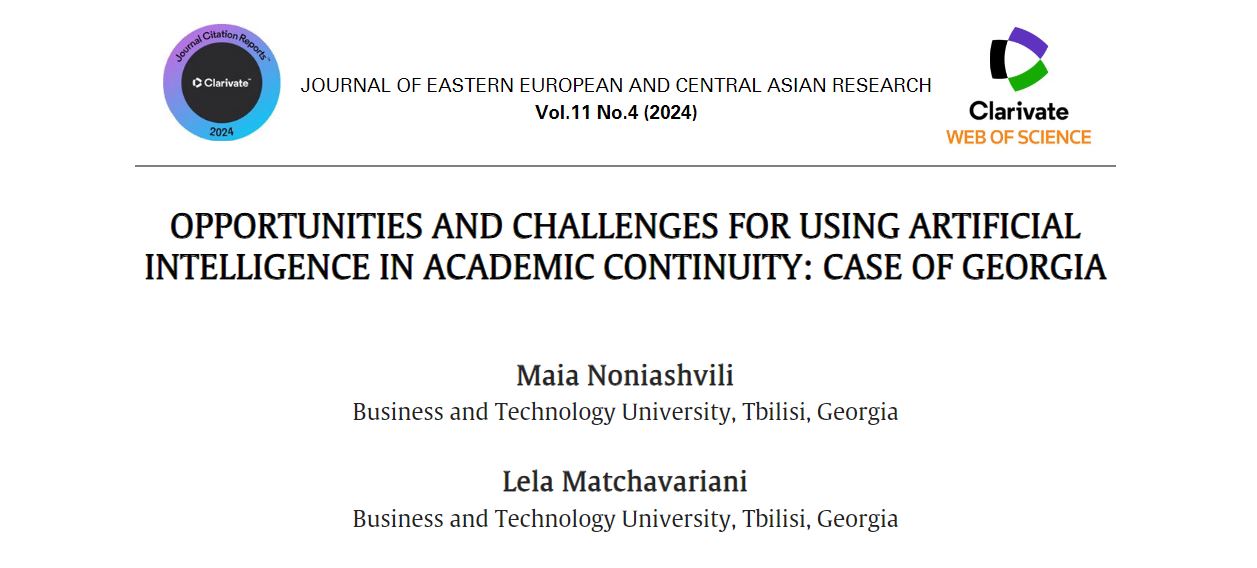This article examined how higher education institutions in the Republic of Georgia responded to the challenges of the COVID-19 pandemic. Focusing on the context of the digital revolution and centering upon the utilization of artificial intelligence (AI), it aimed to discern how these institutions sustained the continuity of the learning process and implemented innovative measures. Based on the research findings, the solutions proposed in this article present AI tools for personalized learning, adaptive assessment, and intelligent tutoring.
As institutions navigated the post-pandemic era, the integration of AI into education proved viable. This research provided tangible insights into the digital revolution affecting education and informing strategic decision-making in Georgia’s evolving higher education landscape. Recognizing the difficulties caused by the pandemic and the inherent challenges associated with strategic decision-making, a qualitative research approach was used to gain nuanced insights. It relied on in-depth interviews, recognizing the spontaneous and time-sensitive nature of strategic decisions made by universities during the pandemic, often precluding extensive pre-planning. The authors provided critical findings in terms of the pros and cons of distance learning and proposed AI solutions for each challenge that Universities faced during and after this significant disruption, giving real successful examples.
Authors:
Maia Noniashvili, Business and Technology University, Tbilisi, Georgia
Lela Matchavariani, Business and Technology University, Tbilisi, Georgia
This article has been published in the JOURNAL OF EASTERN EUROPEAN AND CENTRAL ASIAN RESEARCHVol.11 No.4 (2024)

